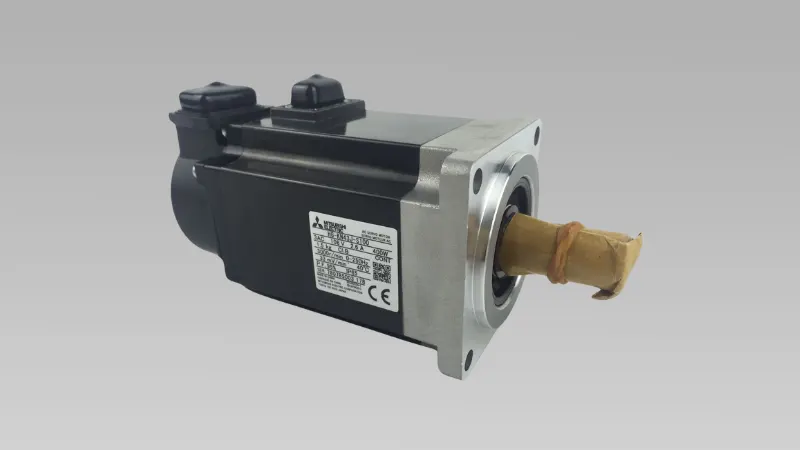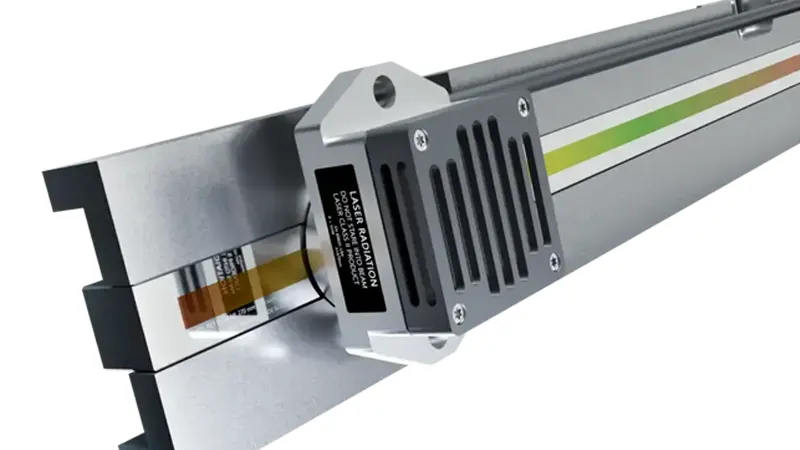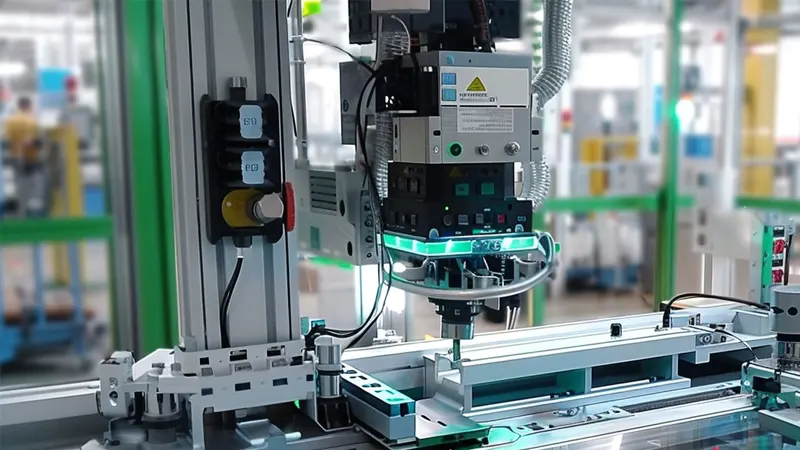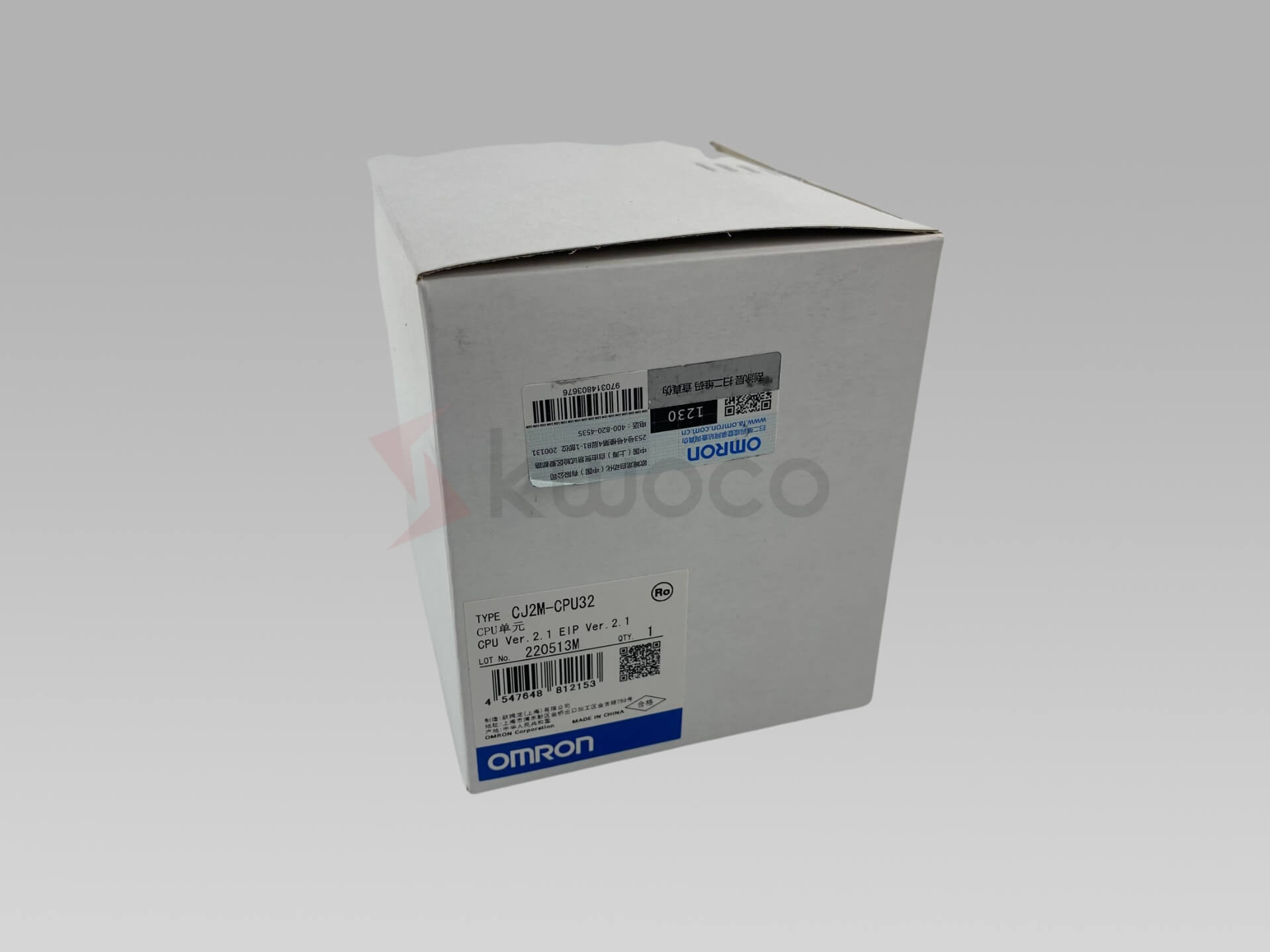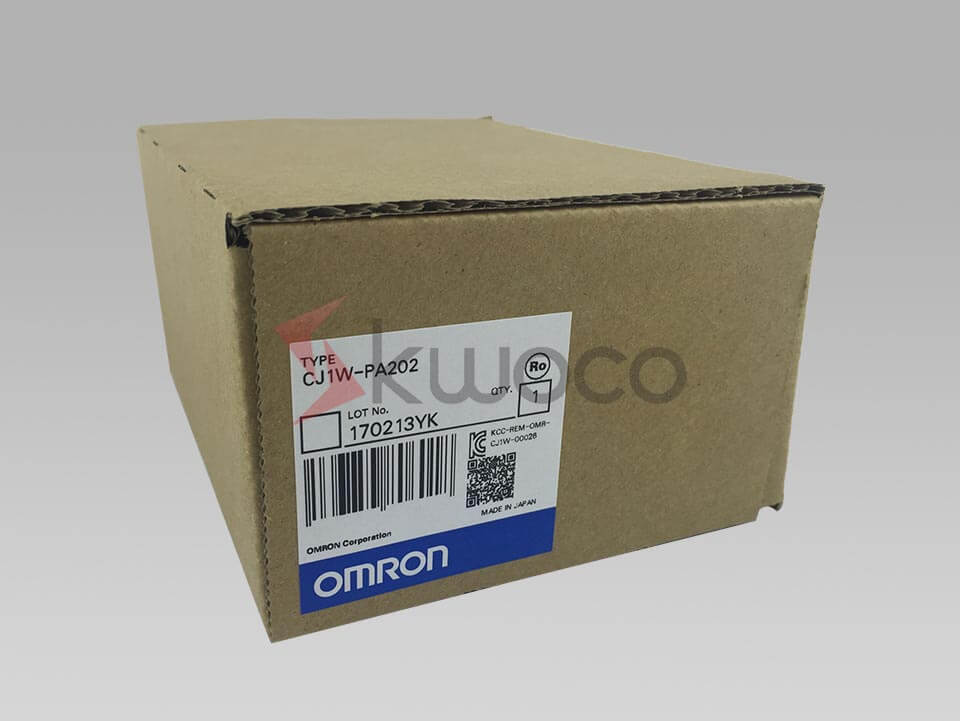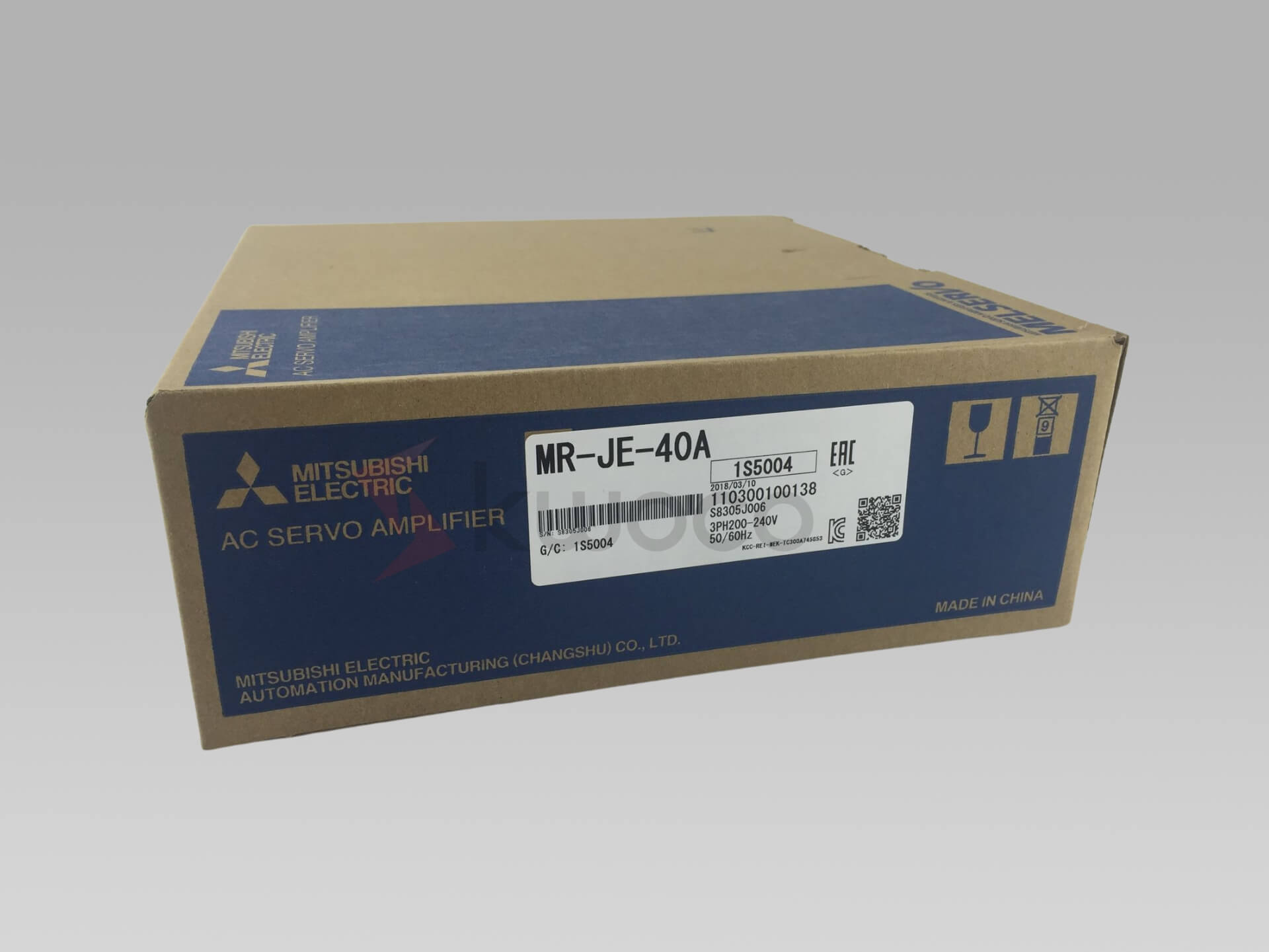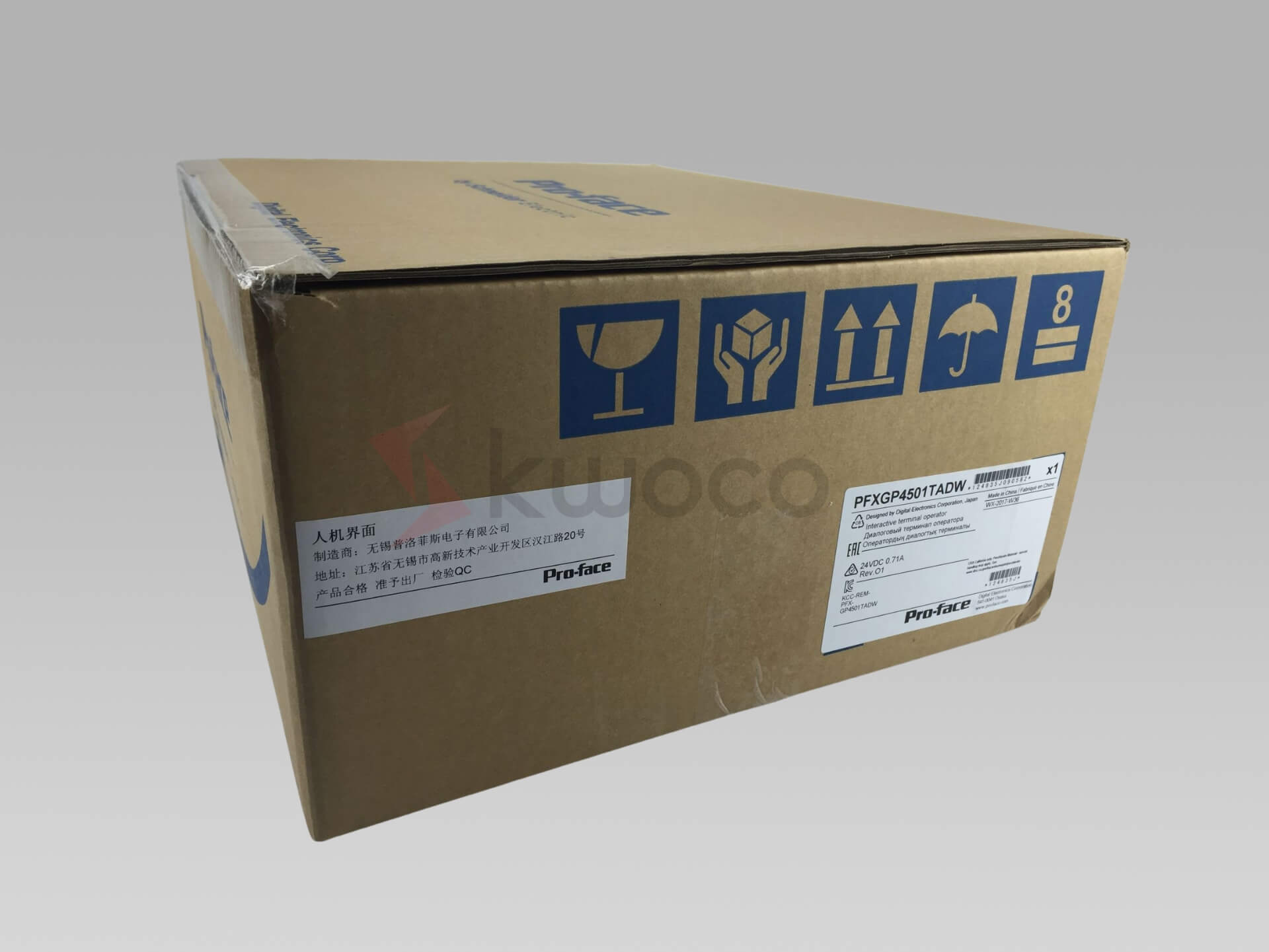5 types d'encodeurs dans les servomoteurs que vous devez connaître
- kwoco-plc.com
- 12 octobre 2024
- 19h27
Dans cet article, je vais décomposer les différents types d'encodeurs utilisés dans servomoteurs d'une manière simple et facile à comprendre.
Table des matières
Pourquoi les codeurs sont-ils importants dans les servomoteurs ?
Contrairement aux moteurs pas à pas, les servomoteurs nécessitent contrôle en boucle fermée, qui reçoit en continu des signaux de rétroaction pour contrôler la vitesse, l'angle et la position avec précision. Les encodeurs agissent comme les yeux du système servo, surveillant le mouvement du moteur en temps réel et garantissant qu'il suit avec précision les instructions données.
Sans codeurs, le contrôle des servomoteurs deviendrait imprécis. Les codeurs sont essentiels dans des environnements complexes comme lignes de production automatisées et robots médicaux, contribuant à éviter les erreurs et à garantir l’efficacité et la sécurité opérationnelles.
1. Codeur incrémental
Les codeurs incrémentaux ont besoin d'un point de référence à chaque fois qu'ils commencent à enregistrer les changements de mouvement. Ils conviennent aux applications où un suivi de position de haute précision n'est pas nécessaire, comme les lignes d'emballage ou les équipements d'entrepôt.
Caractéristiques:
- Nécessite retour à la maison après chaque cycle d'alimentation.
- Principalement utilisé pour surveillance de la vitesse, positionnement pas précis.
| Comparaison | Avantages | Inconvénients |
|---|---|---|
| Cas d'utilisation | Faible coût, grande flexibilité | Nécessite un réétalonnage après une panne de courant |
| Signal de rétroaction | Surveillance de la vitesse en temps réel | Impossible de suivre directement la position |
2. Codeur absolu
Les codeurs absolus conservent données de position actuelles même après une panne de courant, éliminant ainsi le besoin de retour à la maison. Ils sont couramment utilisés dans robots chirurgicaux ou robots de fabrication automobile, garantissant que l'équipement peut reprendre ses opérations sans erreur après un redémarrage.
Caractéristiques:
- Fournit des informations précises suivi de position.
- Assure un redémarrage en douceur après des pannes de courant ou des interruptions du système.
| Cas d'utilisation | Application typique |
|---|---|
| Tâches de haute précision | Equipement médical, automatisation de précision |
3. Codeur linéaire
Les codeurs linéaires surveillent les mouvements en ligne droite, comme dans machines de découpe laser ou systèmes de tri automatisésIls assurent un positionnement précis même à des vitesses élevées, ce qui les rend idéaux pour les environnements qui exigent à la fois rapidité et précision.
4. Encodeur rotatif
Les codeurs rotatifs surveillent la rotation des arbres, convertissant la direction du mouvement de l'arbre en signaux numériques que les systèmes de contrôle peuvent interpréter pour la vitesse et la position.
Les codeurs rotatifs sont souvent intégrés aux moteurs pour fournir un retour précis, même pendant les opérations à grande vitesse.
5. Codeurs optiques, magnétiques et capacitifs
Les codeurs sont également classés en fonction de leurs technologies de détection :
- Codeurs optiques:Haute précision mais sensible à la poussière.
- Codeurs magnétiques:Forte anti-interférence, adaptée aux environnements difficiles.
- Codeurs capacitifs:Rapide et abordable mais moins précis que les encodeurs optiques.
Comment choisir un codeur pour mon moteur ?
Voici les facteurs clés à prendre en compte lors de la sélection d’un encodeur :
Identifier les besoins des applications
Choisir codeurs absolus si vous avez besoin de surveiller des positions exactes. Utilisez codeurs incrémentaux si la surveillance de la vitesse est l’exigence principale.Tenir compte des facteurs environnementaux
Dans des environnements poussiéreux ou humides, encodeurs magnétiques ou ceux avec un indice IP élevé (par exemple, IP68) sont plus adaptés. Pour les tâches de haute précision, codeurs optiques sont recommandés.Capacité de récupération d'énergie
Si le système doit conserver les données de position après une panne de courant, codeurs absolus sont essentiels.Exigences en matière de précision et de résolution
Des applications comme Machines CNC ou robots médicaux nécessitent des encodeurs haute résolution (par exemple, des encodeurs absolus 24 bits). Les applications moins exigeantes peuvent utiliser des encodeurs à résolution inférieure.Compatibilité des interfaces et des communications
Assurez-vous que l'interface de l'encodeur (par exemple, RS485, bus CAN ou analogique) correspond à votre système de contrôle.Facilité d'installation et d'entretien
Les conceptions modulaires faciles à installer et à entretenir peuvent améliorer l’efficacité des systèmes d’automatisation complexes.
Questions courantes sur les servomoteurs et les encodeurs
1. Quel type d'encodeur est utilisé dans un servomoteur ?
Les servomoteurs utilisent généralement incrémental et codeurs absolusLes codeurs incrémentaux suivent le mouvement relatif et la vitesse, tandis que les codeurs absolus stockent des données de position précises même en cas de panne de courant.
2. Quels sont les trois principaux types d’encodeurs ?
Codeur incrémental : suit le mouvement relatif et nécessite un retour à la position d'origine.
Codeur absolu : conserve les données de position à travers les cycles d'alimentation.
Codeurs rotatifs et linéaires : mesurent respectivement les mouvements angulaires et linéaires.
3. Un servomoteur peut-il fonctionner sans encodeur ?
Alors que certains systèmes servo simples utilisent contrôle en boucle ouverte, la plupart exigent rétroaction en boucle fermée pour la précision. Faire fonctionner un servomoteur sans encodeur peut compromettre le contrôle de la vitesse et de la position.
4. Quelle est la différence entre les codeurs rotatifs et linéaires ?
Codeur rotatif : mesure les angles ou les vitesses de rotation, généralement utilisé sur les arbres de moteur.
Codeur linéaire : surveille le déplacement linéaire, idéal pour les découpeuses laser ou les machines CNC.
Alimentez vos projets avec des servomoteurs Omron, Mitsubishi, Schneider flambant neufs et originaux – en stock, prêts maintenant !
Conclusion
Le choix du bon codeur est essentiel pour optimiser la vitesse, la précision et la fiabilité des servomoteurs. Pour les projets nécessitant une grande fiabilité, les codeurs absolus sont recommandés, car ils conservent les données de position même après une coupure de courant. Bien qu'ils puissent coûter plus cher, ils améliorent l'efficacité opérationnelle et la sécurité.
Vous recherchez des servos neufs et originaux pour vos projets ? Chez Kwoco, nous avons en stock les derniers servos des plus grandes marques comme Omron, Mitsubishi, et SchneiderAchetez en toute confiance : expédition rapide, qualité garantie ! Achetez maintenant
Contactez-nous
Remplissez simplement votre nom, votre adresse e-mail et une brève description de votre demande dans ce formulaire. Nous vous contacterons dans les 24 heures.
Catégorie de produit
Produits en vente à chaud
Ces sujets pourraient également vous intéresser
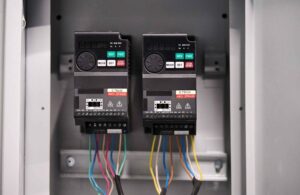
Comprendre le VFD : qu'est-ce qu'un variateur de fréquence ?
Dans le domaine de l'automatisation industrielle, les variateurs de fréquence (VFD) sont des composants essentiels qui améliorent l'efficacité et les performances des systèmes de moteurs électriques. Cet article explore les principes fondamentaux des VFD, leurs fonctionnalités et les nombreux avantages qu'ils offrent en termes de contrôle de la vitesse et d'efficacité énergétique.
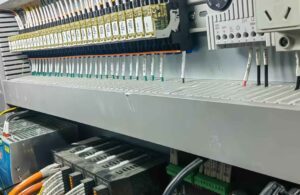
Guide complet sur les types de capteurs photoélectriques dans l'automatisation industrielle
Cet article aborde le monde fascinant des capteurs photoélectriques, en explorant leurs différents types, fonctionnalités et applications dans l'automatisation industrielle. Notre objectif est de fournir une compréhension complète de la manière dont ces détecteurs transforment les processus de fabrication, améliorent l'efficacité et garantissent la précision. Si vous travaillez dans l'industrie des machines et des équipements, dans la fabrication ou dans la fourniture de solutions d'usine, cet article offre des informations précieuses sur l'exploitation de la technologie des capteurs photoélectriques pour vos opérations, et il explique pourquoi la lecture de la suite vous permettra d'acquérir les connaissances nécessaires pour optimiser vos stratégies d'automatisation.
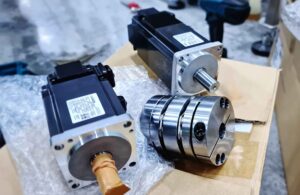
Top 5 des fournisseurs de servomoteurs Mitsubishi au Canada
En tant qu'ingénieur dédié chez Kwoco, j'ai passé des années à naviguer dans le paysage de l'automatisation industrielle. Mon expérience avec des marques de renommée internationale comme Mitsubishi m'a permis d'acquérir les connaissances nécessaires pour identifier les meilleurs fournisseurs du marché.

